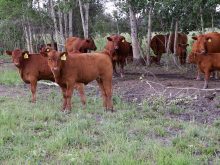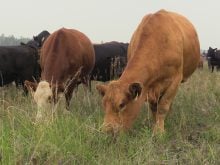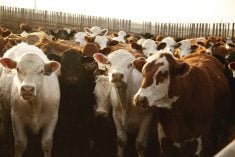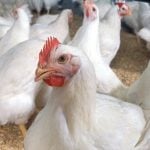Carol Miller figures farm politics and the latest production-increasing practices don’t much matter if nobody is left on the farm.
“When the kids can’t make it on the farm, they end up in the cities,” said the rancher from Killam, Alta. “We need strong voices for agriculture.”
She sees a huge chance to educate and help young people find new ways to survive on the farms.
A member of the East Central Rural Youth Initiatives Group, she is helping establish a career fair this April profiling careers or jobs that support agriculture, particularly in their area of east-central Alberta. A youth conference is planned for next year.
Read Also
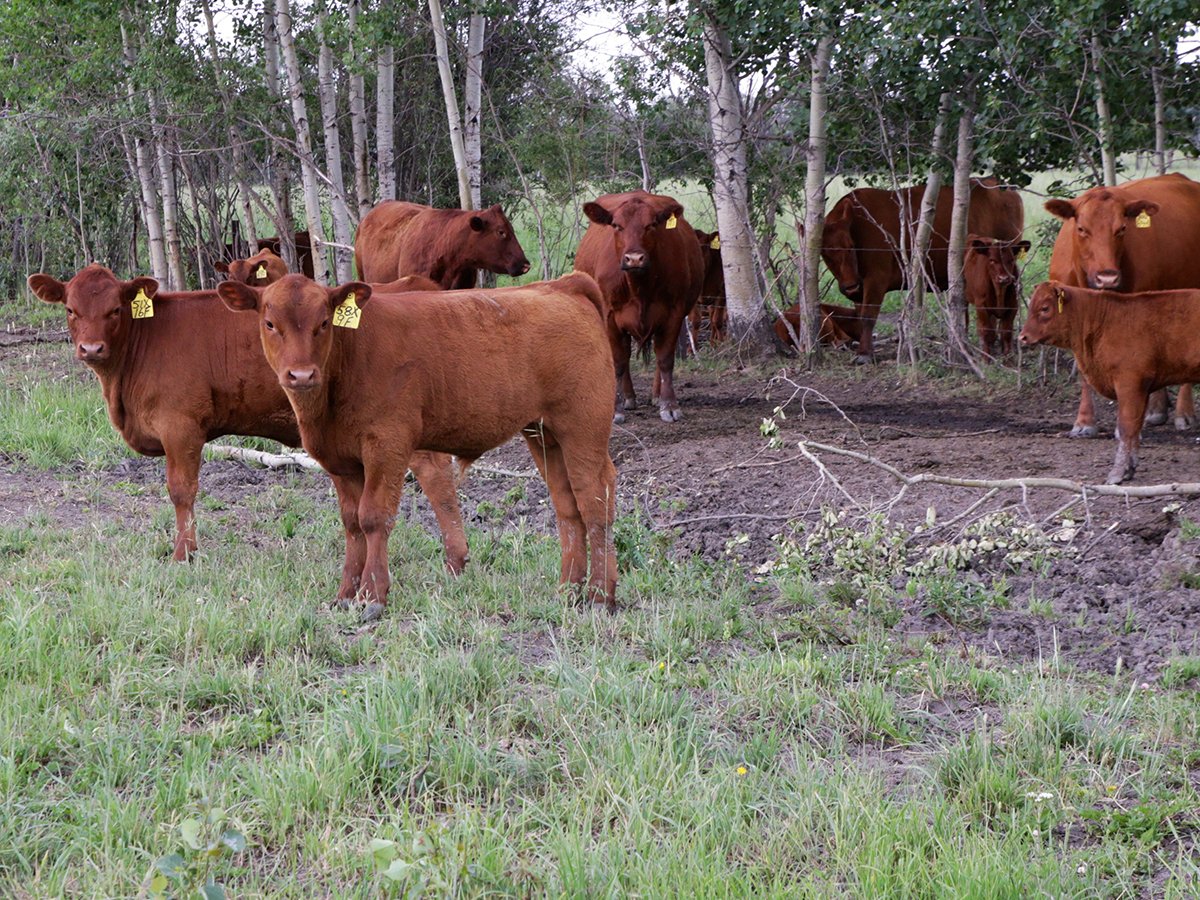
Feeder market continues the climb
For the week ending Aug. 30, Western Canadian feeder cattle markets traded $4-8 per hundredweight higher on average.
She also promotes the Green Certificate Program.
Alberta high school students can enrol in this farm apprenticeship program and receive high school credits.
“If the Green Certificate Program is already in the schools, that’s one strategy we can use,” she said. “We as an industry need to come alongside and be available to the school….”
For 25 years, the Green Certificate Program has offered optional courses in swine, cow-calf, field crops, sheep, dairy and feedlot studies, said Doug Taylor, who administers the program for Alberta Agriculture.
The program, which has spread to Saskatchewan and Bri-tish Columbia, was developed to train people interested in working on farms.
Currently, about 560 people are in various fields of study.
People who enrol have to work with a trainer and government to obtain certification. A young person can work with a parent in the mentor-trainee situation to train the next generation of farmers.
“We pitch the program to Dad and Mom as a way to bring junior into the business,” Taylor said.
Some employers ask for the green certificate and others don’t. Some use it as a staff training program.
In addition, there are management programs to show farmers how to be employers and to improve their communication and motivation skills.
“You’re going to have to deal with them beyond just grunting orders,” Taylor said.
Management training is a key component of a initiative from the Prairie Swine Centre in Saskatoon, developed when the prairie hog industry recognized the growing demand for workers.
Adult education specialist Mary Petersen was hired last May to co-ordinate training for hog barn managers who may also be barn owners.
The program offers four different categories, the first concentrating on working with people.
Courses start with the basics, teaching people managerial styles, management roles, communication skills, monitoring and motivating staff. Later, students are taught to write job descriptions, as well as hiring and firing.
Since many provinces don’t have farm labor regulations, managers are taught the value of employee contracts, occupational health and safety.
They also study business plans, environmental issues and production practices.
The swine centre hopes that by offering proper training, students see farm work as a career. It could slow the large staff turnover experienced by the industry.
The program is guided by industry, with advisory committees from Saskatchewan and
Alberta.



